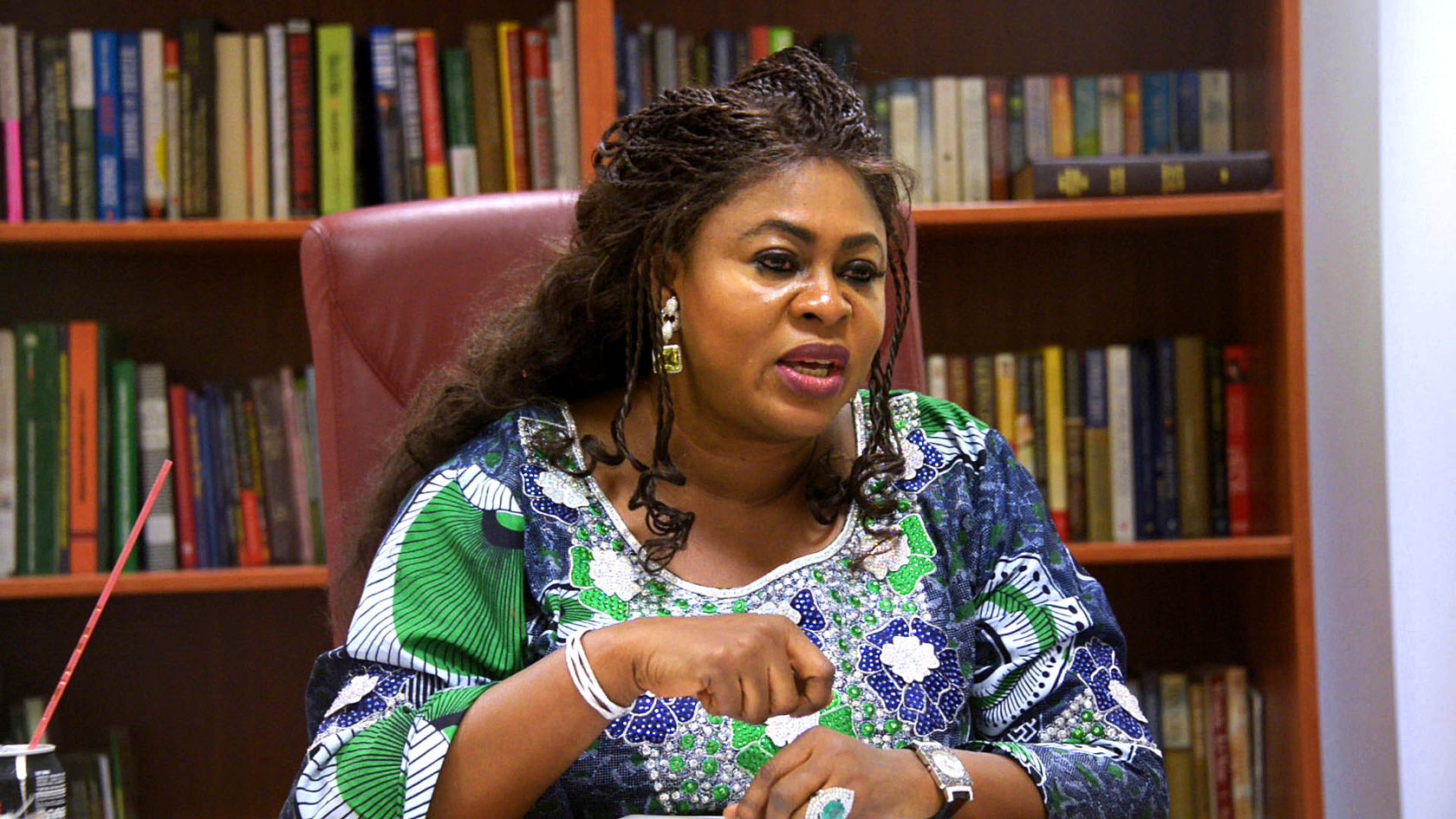[dropcap]F[/dropcap]our years have passed since 14th April 2014 when 276 girls were abducted in a girl’s secondary school in Chibok, Borno state in the northeast of Nigeria by the Boko Haram Terrorist group. The outpouring of emotions was unlike anything I have experienced in my lifetime.
Fast forward to 19th February 2018, about 110 schoolgirls were abducted in the Government Girls Science Technical College in Dapchi, a small community in Yobe state, by a faction of the terrorist group. Most of the girls secured their freedom after a series of back-channel negotiations between the sect and the Nigerian government. While image-makers of the President Muhammadu Buhari led government cheered, and declared victory, I was filled with mixed feelings.
I was delighted in part as mother to see the girls reunited with their parents, but saddened on the other as a Nigerian catholic christian as reports got in that Leah Sharibu, one of the abducted girls remained a captive due to her defiance to the instruction by the terrorists that she renounce her faith.
As as a public official, I am afraid to say that while we continue to make progress on the territorial front, Boko Haram appears to be winning on their own ideological turf. The girls were returned but not without a warning: “Don’t ever put your daughters in school again.”
A news magazine interview with some parents and students of the school in Dapchi confirmed my fears. One of the girls interviewed, Rakiya Adamu, vowed never to return to school. She was not among one of the abducted school kids. Abdullahi Kawi, a father of one of the girls wants his daughter to go back to school but under conditions that security must be provided in the schools.
Many expert observers of the Dapchi abduction find parallels with the tragedy that befell the Chibok schoolgirls about four years ago. Boko Haram is clearly threatened by the power of educated girls and seeks to destroy them. But the biggest difference this time, is that the sect has stealthily evolved from the dark, evil terrorist group that they really are, into a faux reasonable group with some grievances. They received heroes welcome as they returned these girls to the community while government officials were stoned during an earlier assessment visit.
Nigeria’s President, Mr. Buhari appears to have fallen for this charm offensive by the group. He offered amnesty — a move that I am totally opposed to — and which I believe, resonates with most people in my country and most especially my constituency.
Boko Haram is more of an ideological group that is opposed to education and civilisation than an expansionist group seeking to control territory. Winning for them would mean that our women and girls do not receive education. Winning for them would mean that our girls get married and pregnant early.
Implications and Prospects
Nigeria has about 10.5 million out-of-school children, making our country the world’s worst afflicted with 60% of these being girls.
The larger fraction is concentrated in the Northeast of Nigeria where the Boko Haram devastation has led to the destruction and shutdown of educational facilities. The situation is worse than imagined.
We have no other choice — our schools must be secure or we would see more people stay out of schools even where they are available.
But the reality is that the current capabilities of the Nigerian security apparatus will not do. The Nigerian Police Force is acutely understaffed while the military has maintained that the same circumstances would make it almost impossible for it to secure all the schools in the region.
The $100m safe schools initiative championed by former British Prime Minister, Gordon Brown in partnership with the Nigerian government under the administration of my boss, the former President Goodluck Jonathan seems to have stalled under this current administration. Donors including the Nigerian government contributed about $20m towards this project but the status is now difficult to track.
This is why I am presently consulting with my colleagues at the Nigerian Senate to proffer a legislative solution to the issue of school safety. A number of proposals that I am considering include the creation of a Safe Schools Guard. This would not be another agency of government. The proposal would seek to grant legal backing for security agencies to provide some form of military training to community vigilantes who would get commissioned into the guard. This could help to provide the much needed security for our schools without putting a drain on public expenditure.
The return on investment on girl child education is immense. Once women are educated, they are more economically empowered to invest in their families and dislodge poverty, which has become the biggest lever for Boko Haram recruitment in the region. A global study showed that educating girls will reduce child marriage by about 64% in sub-Saharan Africa.
This is why the government of Nigeria and her international partners must by all means ensure that every available resource is deployed to make sure our girls can be safe in schools. Even Boko Haram understands the power of an uneducated female child. What are we waiting for?
Stella Oduah is a former aviation minsiter and senator of the Federal Republic of Nigeria. She is the president of ECOWAS Female Parliamentarians and the vice-chairman Senate Committee on Women Affairs. She tweets via @SenStellaOduah. This article was originally on Medium.
The opinions expressed in this article are solely those of the author.







